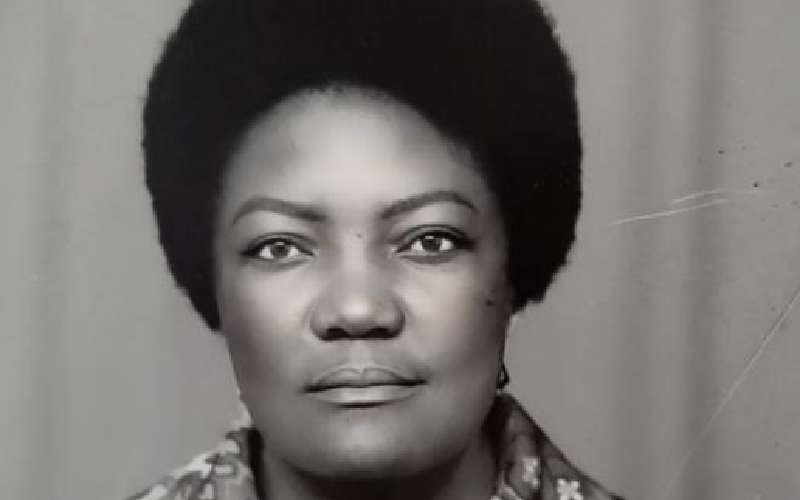×
The Standard e-Paper
Kenya’s Boldest Voice

I still remember it like it was yesterday.
One of the neighbourhood boys, Eric Mwangi, ringing the doorbell of another jirani’s house at about 8.30pm, back in the days when children (and even teenagers like myself, then) would eat lunch/supper or even breakfast at whichever home your adventures found you in; back in the early 1990s.